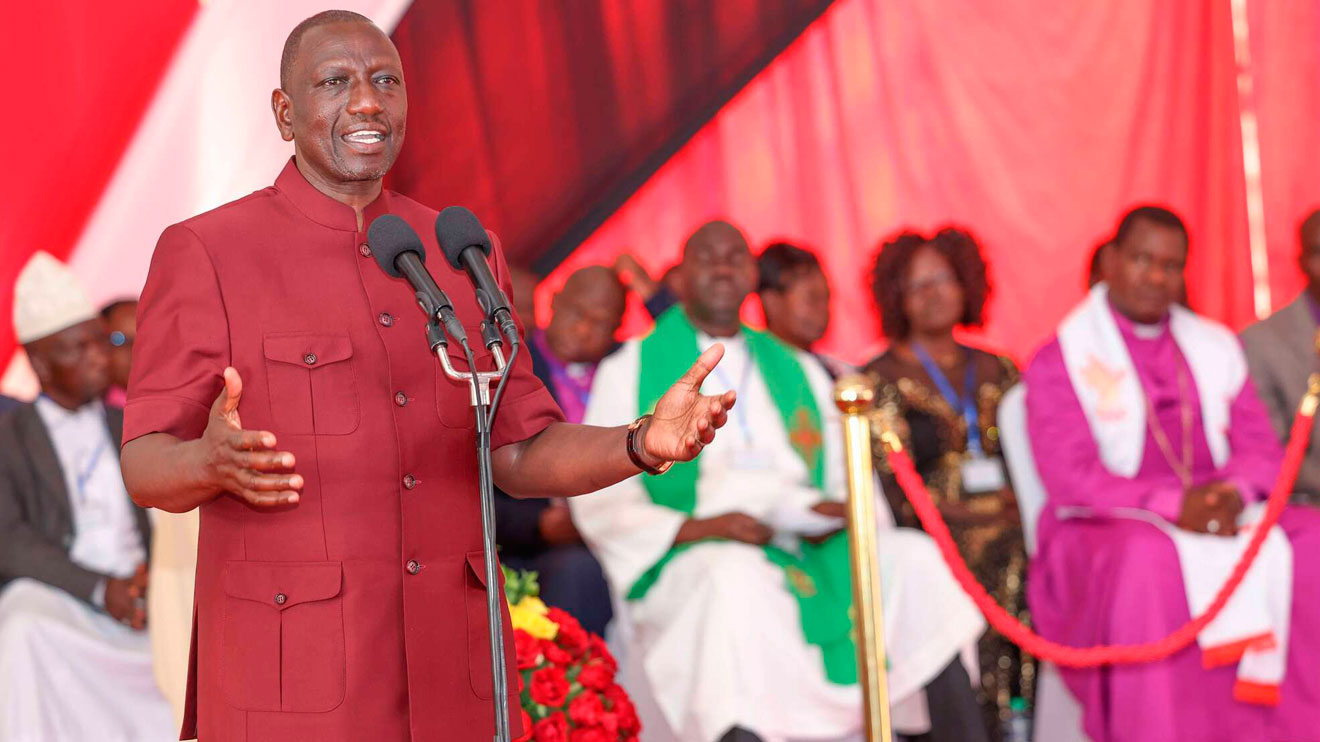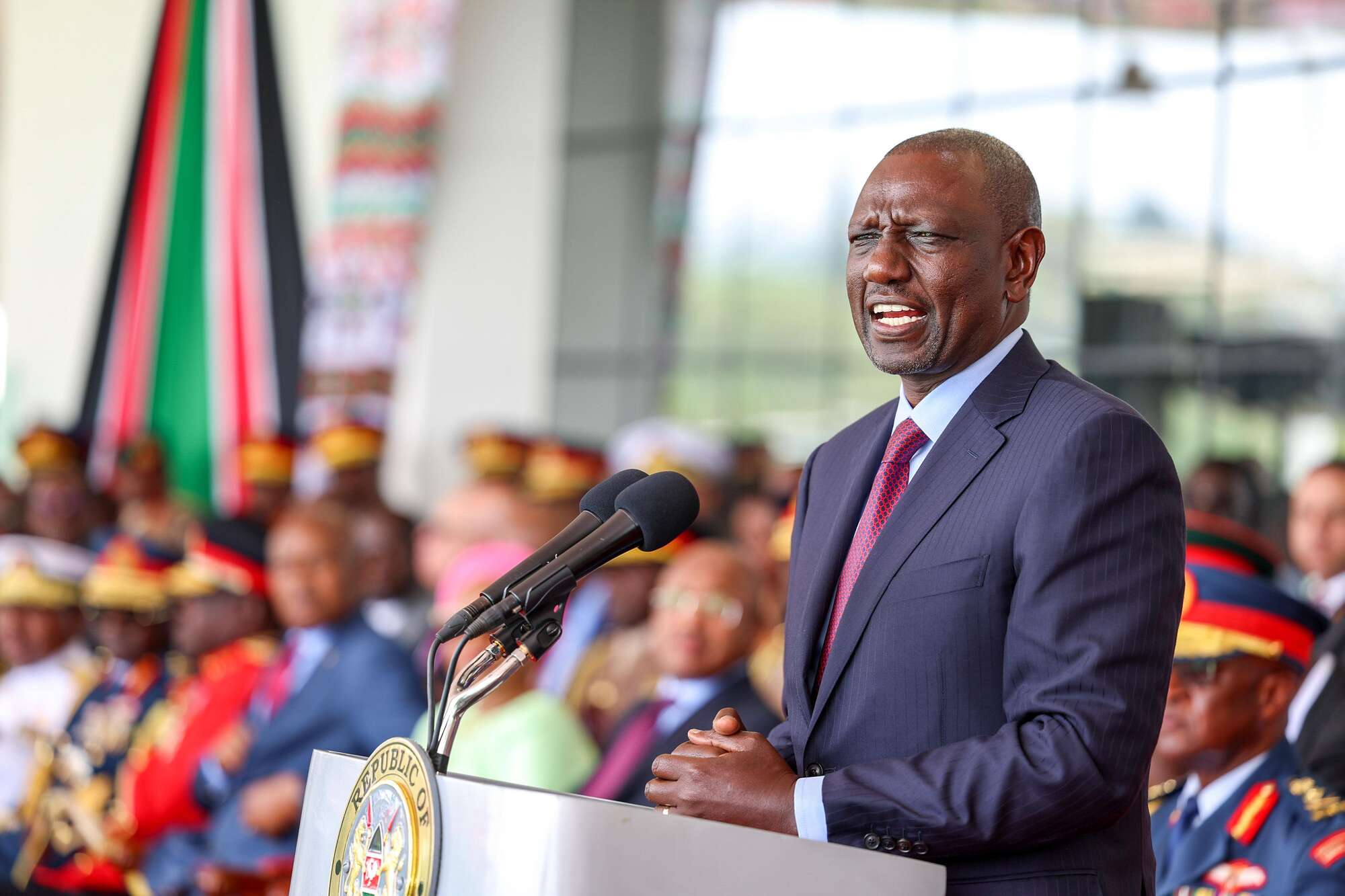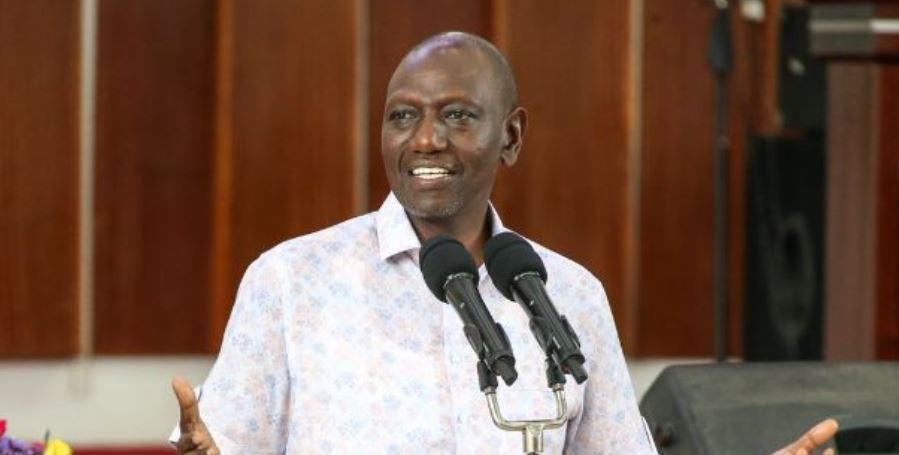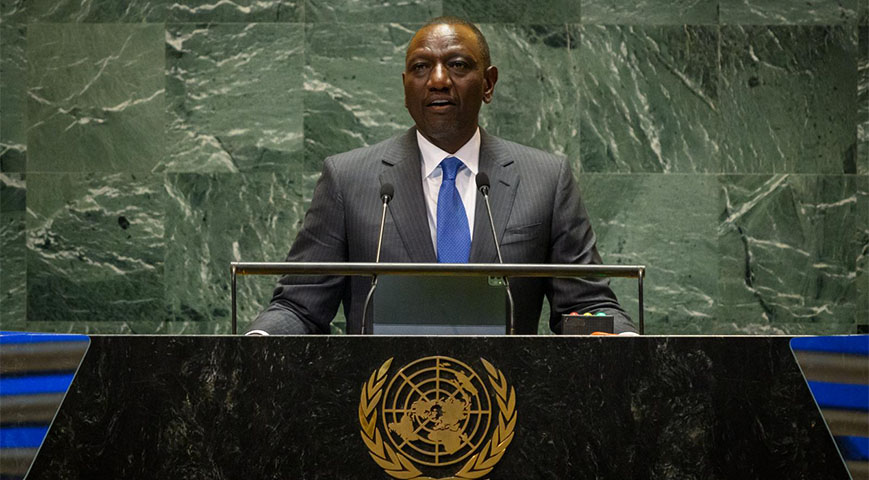African leaders recently convened the second meeting of the Committee of African Heads of State and Government on Climate Change (CAHOSCC), focusing on Africa's role in tackling the escalating climate crisis.
Kenyan President William Samoei Ruto hosted the event alongside the United Nations General Assembly, setting the stage for Africa’s strategy for the COP29 summit in Baku, Azerbaijan.

The discussions highlighted the continent’s ambitious climate agenda, with the Nairobi Declaration taking center stage as a roadmap for Africa’s climate-positive growth.
Did you read this?
Endorsed by the African Union, the Nairobi Declaration aims to position Africa as a leader in sustainable development by harmonizing economic growth with climate resilience.
President Ruto emphasized Africa’s unique position, noting that while the continent is disproportionately impacted by climate change, it holds untapped potential for driving global green growth.

In his address, President Ruto announced the African Green Industrialisation Initiative (AGII), designed to attract investments into large-scale green industrial and infrastructure projects across Africa.
This initiative will foster partnerships among African leaders, international financial institutions, and the private sector, steering the continent toward a low-carbon, climate-resilient future.
Renewable energy and sustainable agriculture were highlighted as crucial sectors for Africa’s transition. However, despite a record $1.8 trillion global investment in energy transition in 2023, Africa only received less than 3%.

The Accelerated Partnership for Renewables in Africa (APRA) aims to mobilize capital and expertise to boost the continent's renewable energy capacity to address this imbalance.
Ruto also announced that Nairobi will host a major Investment Forum with the International Renewable Energy Agency (IRENA) to unlock Africa’s renewable energy potential.
He stressed the need for global reforms, calling for new measures to redefine GDP and account for Africa’s vast natural capital.









